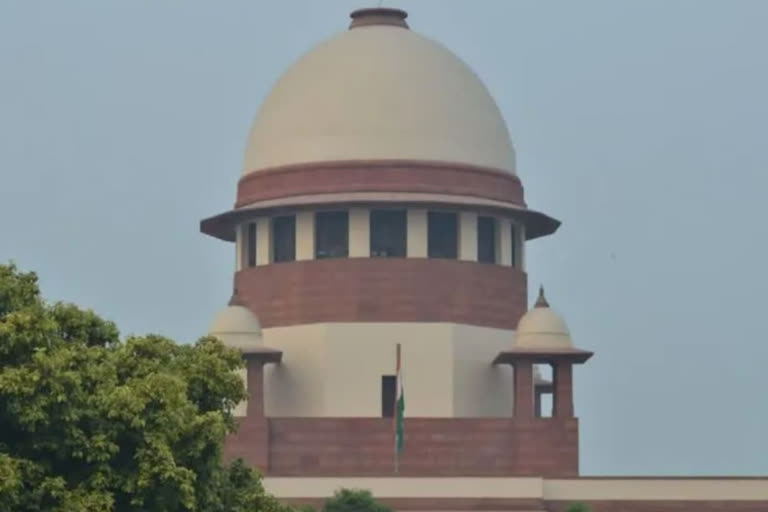New Delhi: The government on Friday said in Lok Sabha that the Supreme Court has observed in a recent order that political background by itself has "not been an absolute bar" to appoint an otherwise suitable person as a judge. It also said "generally", it is not a practice to seek Research & Analysis Wing (R&AW) reports on proposals for appointment of judges in high courts and the Supreme Court except in "extraordinary circumstances, involving issues related to national security".
In a written reply, Law Minister Kiren Rijiju said according to the Memorandum of Procedure for appointment of judges of high courts, the proposals recommended by High Court Collegiums are to be considered in the light of "such other reports/inputs as may be available" to the government for assessing the suitability in respect of the names under consideration.
"Accordingly, IB (Intelligence Bureau) inputs are obtained and provided to the Supreme Court Collegium for making assessment on the recommendees," he said.
Responding to a question on the Supreme Court Collegium making public portions of a report filed by R&AW on an advocate recommended for elevation as a judge of the Delhi High Court, he, without naming the person, said the report had mentioned the "sexuality" of the candidate.
"Generally, it is not a practice to seek R&AW reports on proposals for appointment of judges in the high courts and the Supreme Court except in extraordinary circumstances, involving issues related to national security," Rijiju said. Though the reply did not mention any detail, the candidate's name was returned to the collegium for reconsideration as his partner is a foreign national.
He said in its February 10 judgment, dismissing writ petitions filed in the matter of appointment of a judge in the Madras High Court, the Supreme Court had observed that political background by itself has not been an "absolute bar to appointment of otherwise a suitable person".
Similarly, criticism of policies or actions by the persons recommended for elevation has not been held as a ground to treat them as unsuitable, the minister said. "The Supreme Court Collegium has also opined that political leanings or expression of views by a candidate does not disentitle him to hold a constitutional office so long as the person proposed for judgeship is a person of competence, merit and integrity," he noted.
The government as an important stakeholder in the process of appointment of judges in high courts and as laid down in the Memorandum of Procedure provides inputs which mainly contain information on the suitability, competence and integrity of candidates under consideration for appointment to high constitutional post in the judiciary, Rijiju said. (PTI)
(This story has not been edited by ETV Bharat and is auto-generated from a syndicated feed.)



